(Originally posted on Memorial Day, 2006)
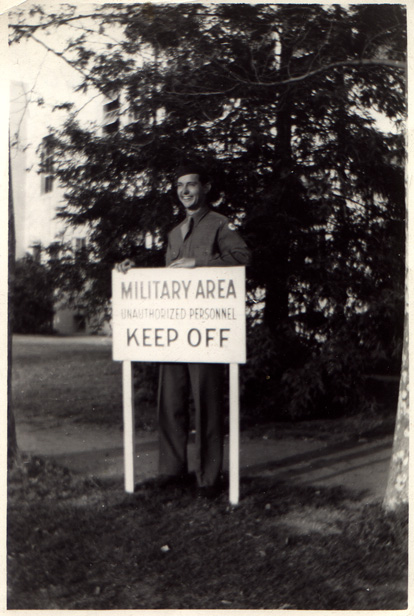 Andrew Jackson Wickline, my grandfather, the man I was named for, died [six] years ago, shortly before Memorial Day; a veteran of World War II, he was given a military service on Memorial Day itself, 2003.
Andrew Jackson Wickline, my grandfather, the man I was named for, died [six] years ago, shortly before Memorial Day; a veteran of World War II, he was given a military service on Memorial Day itself, 2003.
A short while before he died, Grandpa Jack gave me a box of old photos from the war. Over 500 pictures, taken by the company chaplain for the 80th Field Hospital, and offered to the men afterwards; Jack was one of very few who took copies of the pictures. I've scanned a small handful of them, and put them up on the web, but I really need to scan them all.
The photos are yellowed and clearly showing their age, but they are intact. Will the same be said in sixty years for the pictures we take today? My hard drive is full of images, taken by all manner of digital cameras -- but few have been printed out, and while I have multiple backups, digital media is inherently ephemeral. Formats change; people get sloppy. I have disks with essays from graduate school in formats that I can no longer read. How long until I can no longer read the image files found on some old CD I burned years ago?
Physical objects are not permanent, and I couldn't share the photos from the middle of the last century so easily without converting them first to digital form. I know the value and power of electronic media. I simply wonder how much of our future's past will be lost when locked into long-discarded formats and devices.
It is especially incumbent upon those of us who think about the future to remember what has gone before. The future doesn't just happen; events don't emerge fully-formed, like Athena from Zeus' head. The world in which we live is the result of myriad victories and mistakes, chances taken and decisions regretted, paths followed and options ignored, people loved and people forgotten. Too often, we pay attention solely to prominent names, the leaders and celebrities, and give them credit for creating the present. Artifacts like a box of old photos from a long-ago war remind us of how today's world was truly shaped, and the roles that everyday people played in making it come about.
 I look at the people in my grandfather's photos, and wonder: did they know they were remaking the world? Were these simply snapshots to them, vacation photos with an edge, or did they recognize that they were documenting their roles in a monumental political transformation? How would our understanding of the second world war differ if everyone had carried a camera, not just one person out of hundreds, or thousands?
I look at the people in my grandfather's photos, and wonder: did they know they were remaking the world? Were these simply snapshots to them, vacation photos with an edge, or did they recognize that they were documenting their roles in a monumental political transformation? How would our understanding of the second world war differ if everyone had carried a camera, not just one person out of hundreds, or thousands?
Under Mars, a site archiving soldiers' photos from the present Iraq War, gives us a hint. For some soldiers, the pictures are simply snapshots, a way to hang onto a moment with friends. For others, they are historical records, filtered not through the eyes of a journalist or through the official accounts, but anchored to their own perspective, their fear and elation and wonder and horror. These are the artifacts of a citizens' history of the world -- if we can remember how to view them.
Memories are imperfect, and photos -- digital or physical -- have an aura of authority, but are no less subjective. But in the gathering of myriad subjective stories and images, a collaborative truth emerges. The more memories that get added to this collection, the more powerful the truth; beware histories that are written solely by victorious leaders.
My grandfather, Andrew Jackson Wickline, gave me many gifts over the years, but this box of photos is an incredible legacy. Every time I look at them, I sense their gravity and power. I don't know what I'll do with them -- I'm very happy to listen to suggestions -- but I do know that I'll treasure them. They're tangible evidence that history comprises the lives of all of us, not just the great and the famous, and that all of our actions help to shape the world to come.
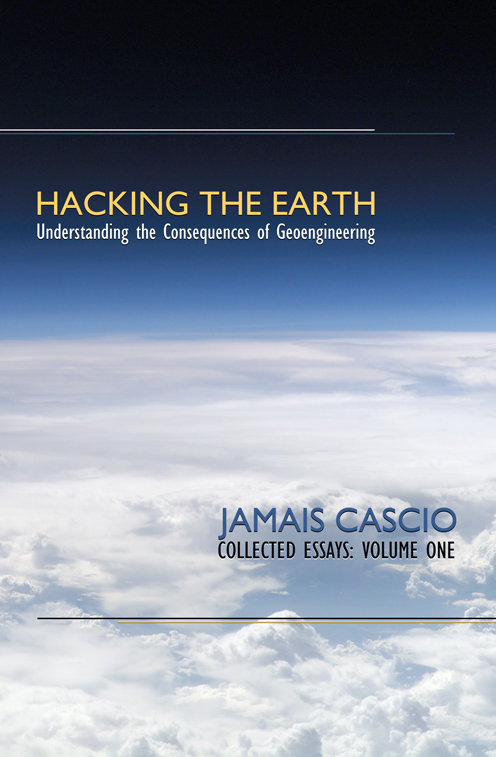 My publish-on-demand book on geoengineering, Hacking the Earth, has been picked up on Amazon.com. This is happy-making for a couple of reasons. The first is that this means people who have heard about the book and go looking for it on the world's biggest online bookseller (what a crazy idea) now will find it. The second is that it means that I could do a Kindle version quite easily. So here you go:
My publish-on-demand book on geoengineering, Hacking the Earth, has been picked up on Amazon.com. This is happy-making for a couple of reasons. The first is that this means people who have heard about the book and go looking for it on the world's biggest online bookseller (what a crazy idea) now will find it. The second is that it means that I could do a Kindle version quite easily. So here you go: in print at Amazon.
for the Kindle.

 Andrew Jackson Wickline, my grandfather, the man I was named for, died [six] years ago, shortly before Memorial Day; a veteran of World War II, he was given a military service on Memorial Day itself, 2003.
Andrew Jackson Wickline, my grandfather, the man I was named for, died [six] years ago, shortly before Memorial Day; a veteran of World War II, he was given a military service on Memorial Day itself, 2003. I look at the people in my grandfather's photos, and wonder: did they know they were remaking the world? Were these simply snapshots to them, vacation photos with an edge, or did they recognize that they were documenting their roles in a monumental political transformation? How would our understanding of the second world war differ if everyone had carried a camera, not just one person out of hundreds, or thousands?
I look at the people in my grandfather's photos, and wonder: did they know they were remaking the world? Were these simply snapshots to them, vacation photos with an edge, or did they recognize that they were documenting their roles in a monumental political transformation? How would our understanding of the second world war differ if everyone had carried a camera, not just one person out of hundreds, or thousands?
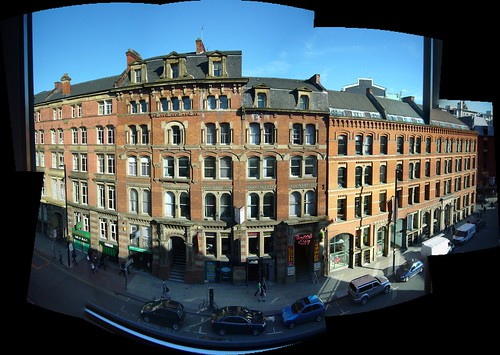
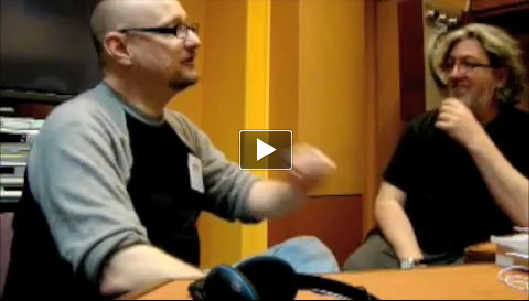

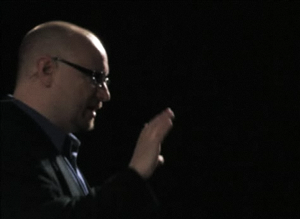 The
The 
